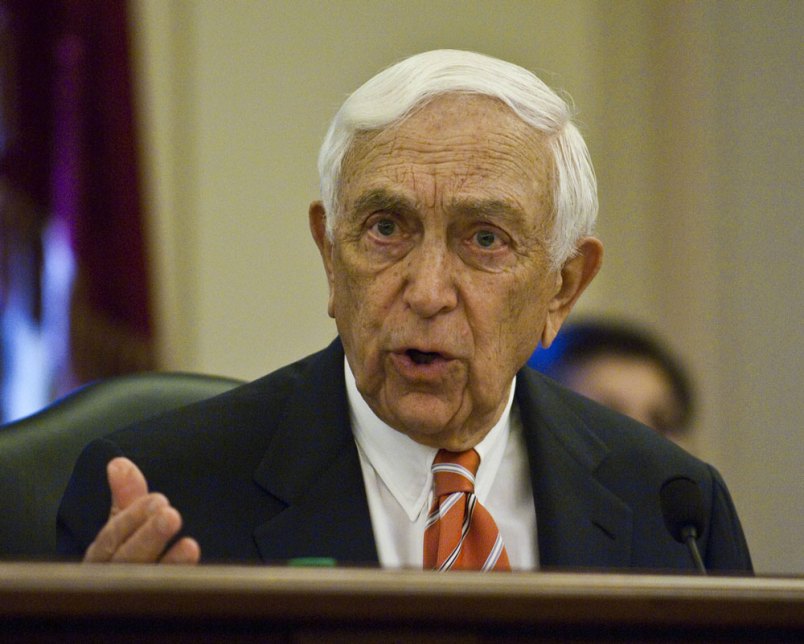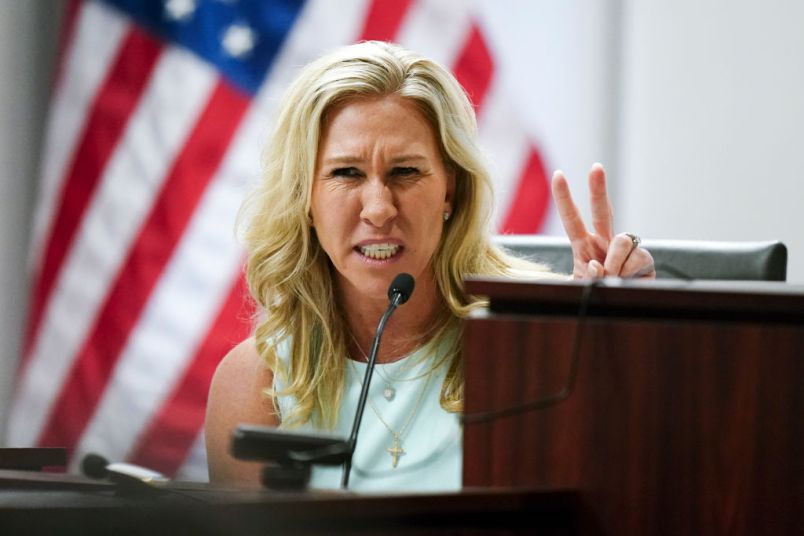Sen. Frank Lautenberg (D-NJ) released the following statement earlier today in response to President Obama’s announcement to permit offshore drilling for oil and gas:
“Drilling off the Virginia coast would endanger many of New Jersey’s beaches and vibrant coastal economies,” stated Lautenberg. “Giving Big Oil more access to our nation’s waters is really a Kill, Baby, Kill policy: it threatens to kill jobs, kill marine life and kill coastal economies that generate billions of dollars. Offshore drilling isn’t the solution to our energy problems, and I will fight this policy and continue to push for 21st century clean energy solutions.”
- Drilling damages our vibrant coastal economies. An oil spill could create severe damage to coastal areas up to 500 miles from the location of the spill. When the Exxon Valdez dumped eleven million gallons of oil in Alaska, the oil traveled 470 miles. The distance between Virginia waters and New Jersey waters is less than 100 miles. Coastal economies and the fishing industry would be devastated. In 2007, according to U.S. government data, there were over 4.1 million jobs in these types of businesses in coastal counties alone and those businesses generated $196 billion in gross domestic product. The beaches and beach towns of New Jersey generate approximately $50 billion in economic activity every year and employ nearly 500,000 people. In 1988, when a single bag of medical waste washed up on a New Jersey beach, a panic ensued and the state lost one-third of its tourism revenues for that year. Expanded drilling could industrialize New Jersey coasts and jeopardize the sustainable businesses and jobs that we need so much in this recession.
- Drilling is dangerous. According to the Coast Guard, there were six major, five medium and over 5000 total oil spills in the Gulf Coast as a result of Hurricanes Katrina and Rita. It is estimated that over nine million gallons of oil were spilled during these storms, similar to the 11 million gallons spilled during the Exxon Valdez incident. This past fall, an Australian oil rig blew out and spilled over six millions of gallons of oil for over ten weeks before catching fire, and finally being plugged on November 3. The spill ultimately affected over 10,000 square miles of ocean, about the size of the State of Maryland, and parts of the slick stretched for over 200 miles.
- More drilling will not solve our energy problems. There simply isn’t enough oil offshore in U.S. waters to change the worldwide supply by more than a fraction of a percent and hence the worldwide price of oil will not change if it is produced. The same is true for energy security. In 2007, the Energy Information Agency estimated that production from all the areas that were then under moratorium might yield an additional 200,000-300,000 barrels per day which would be about 1% to 2% of our daily consumption of oil. That would hardly make us more secure.









